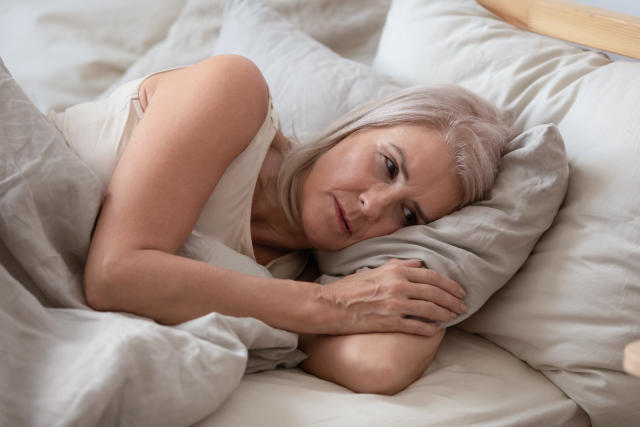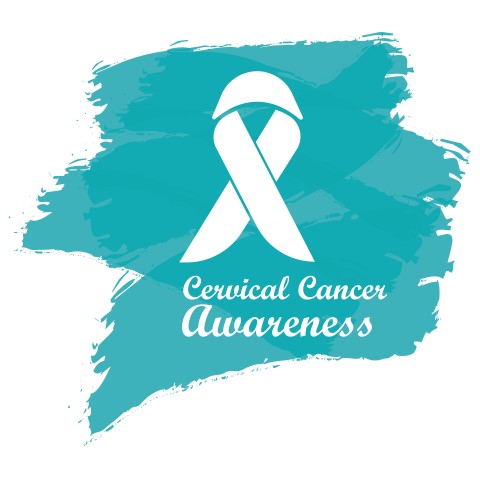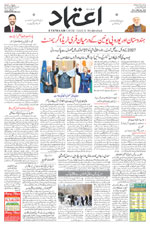Poor quality sleep may put you at high glaucoma risk
Thu 03 Nov 2022, 12:05:03

New Delhi: Poor quality sleep, including too much or too little shut eye, daytime sleepiness, and snoring, may be linked to a heightened risk of developing irreversible sight loss (glaucoma), UK-based researchers have warned in a study published in the open access journal BMJ Open.
Those with glaucoma tended to be older and more likely to be male, an ever smoker, and to have high blood pressure or diabetes than those who weren’t diagnosed with the disease, the findings showed.
The findings underscore the need for sleep therapy in people at high risk of the disease as well as eye checks among those with chronic sleep disorders to check for early signs of glaucoma.
Glaucoma is a leading cause of blindness and will likely affect an estimated 112 million people worldwide by 2040.
“As sleep behaviours are modifiable, these findings underscore the necessity of sleep intervention for individuals at high risk of glaucoma and potential ophthalmologic screening among individuals with chronic sleep problems to help prevent glaucoma,” the researchers noted.
To reach this conclusion, the researchers set out to ascertain the risk of glaucoma among people with different sleep behaviours.
Sleep duration was defined as normal (7 to less than 9 hours/day) and as
too little or too much, outside this range.
too little or too much, outside this range.
Insomnia severity, trouble falling asleep at night or frequent waking, was classified as never/sometimes or usually, whereas subjective daytime sleepiness was categorised as never/rarely, sometimes, or frequent.
Medical records and death registration data were used to track the health and survival of all the participants until a first diagnosis of glaucoma (hospital admission), death, emigration, or the end of the monitoring period (March 31, 2021), whichever came first.
During an average monitoring period of just over 10.5 years, 8,690 cases of glaucoma were identified.
Short or long sleep duration was associated with an 8 per cent heightened risk; insomnia 12 per cent; snoring 4 per cent; and frequent daytime sleepiness (20 per cent).
And compared with those with a healthy sleep pattern, snorers and those who experienced daytime sleepiness were 10 per cent more likely to have glaucoma, while insomniacs and those with a short/long sleep duration pattern were 13 per cent more likely to have it.
Depression and anxiety, which often go hand in hand with insomnia, may also increase the internal eye pressure, possibly because of dysregulated cortisol production, suggest researchers.
No Comments For This Post, Be first to write a Comment.
Most viewed from Health
AIMIM News
Latest Urdu News
Most Viewed
May 26, 2020
Is it right to exclude Bangladesh from the T20 World Cup?
Latest Videos View All
Like Us
Home
About Us
Advertise With Us
All Polls
Epaper Archives
Privacy Policy
Contact Us
Download Etemaad App
© 2026 Etemaad Daily News, All Rights Reserved.

























.jpg)
.jpg)
.jpg)


